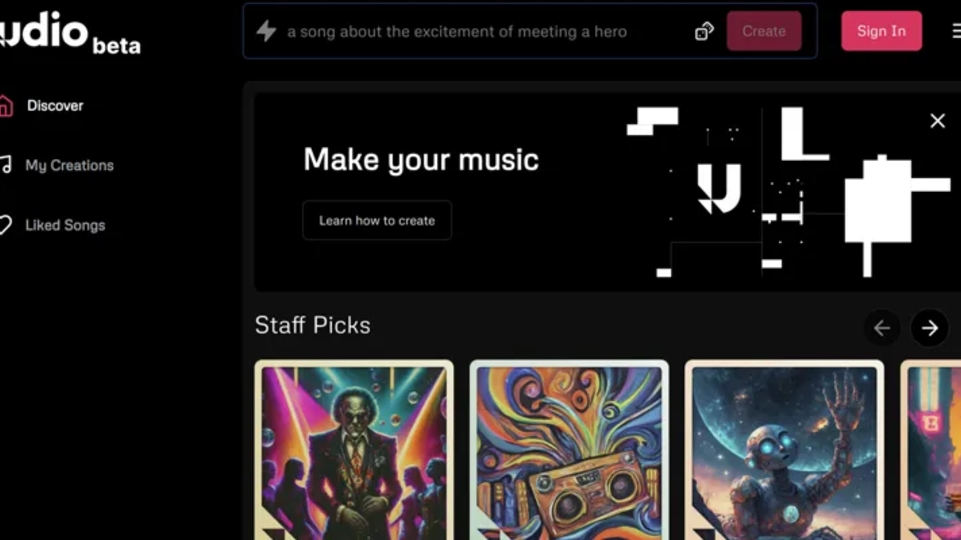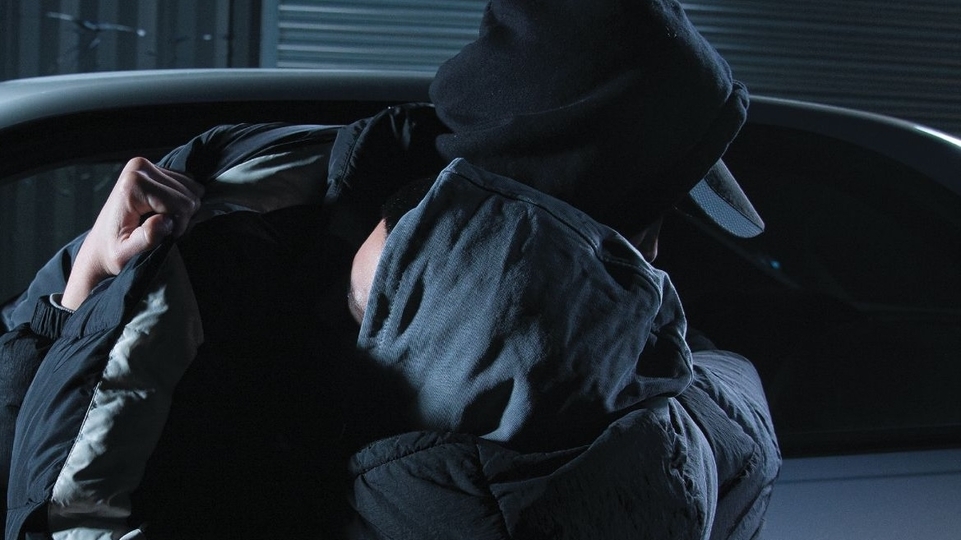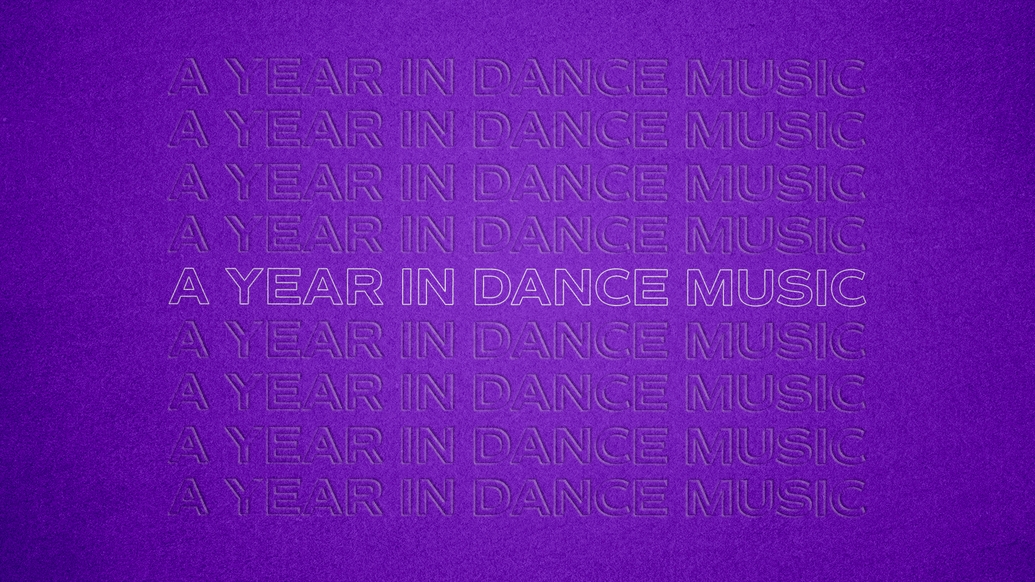
2019: a year in dance music
As part of our end of year and end of decade coverage, we've written about our favourite albums, tracks and compilations. Here, DJ Mag staff and core writers explore some of the vital topics of 2019 - the rising sounds and exciting cultural shifts, with questions about the future of music, the scene, and its impact on the wider world. This is 2019: a year in dance music
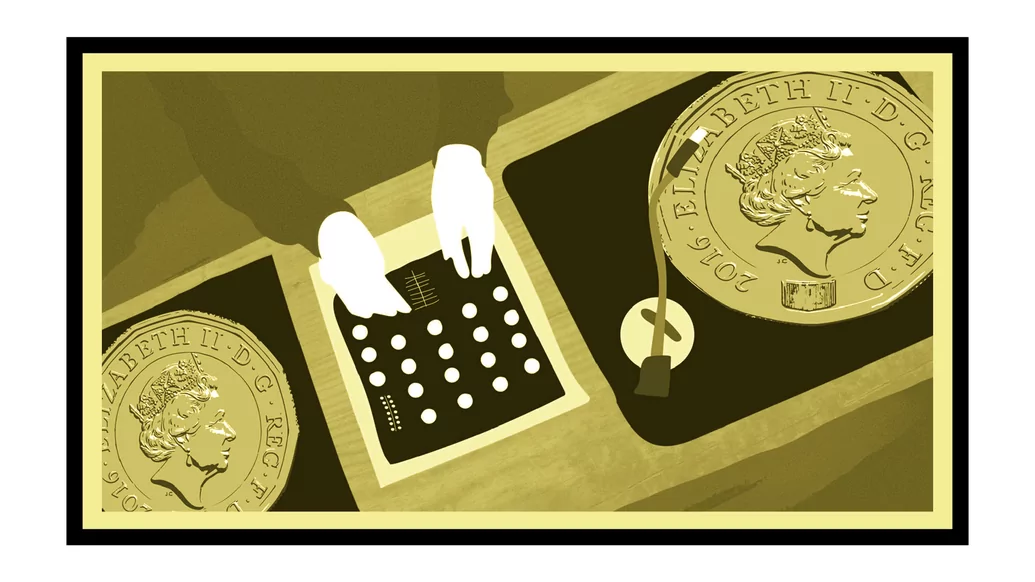
DJs and producers are supposed to be on the same side. For decades now, producers have made the music, and DJs have played it. Simply put, one can’t exist without the other, but in 2019, it often felt like the two camps were increasingly at each other’s throats. Like many great conflicts, the root of the problem here is money. Namely, producers are no longer earning very much of it.
Long gone are the days when a hot 12-inch could sell tens of thousands of copies; most releases these days struggle to sell 300. And while digital sales once promised to replace some of that lost income, the rise of streaming — and its miniscule royalty rates — has snuffed out much of the hope that dance music producers will realistically be able to sustain themselves economically as the industry moves into the future.
It doesn’t help that DJs are arguably doing better than ever. The explosion of the global club and festival circuit has given rise to fees that regularly tip into four and five figures, yet very little of this money is then trickling down to producers. Even the performance royalties they should be receiving aren’t being paid out properly, thanks to poor tracking of what songs are actually being played at these events. In short, DJs are cashing in, while the people whose music they’re playing receive almost nothing; it’s no wonder that words like exploitation are increasingly being thrown around.
Unfortunately, there are no easy solutions here. Barring a major revamp of the royalty system or some sort of industry-wide income collectivization movement, these problems are primed to worsen in the years ahead, especially as streaming increasingly creeps into the DJ booth. (If even DJs stop buying music, then nobody will.) Still, something needs to be done, if for no other reason than we need producers to keep making music.
No matter how much we love to get nostalgic in the club, dance music will get stagnant fast without a constant influx of new tunes. DJs and producers need each other, and if they don’t start working together soon, the entire industry will be at risk. Shawn Reynaldo

Fashion and music being interwoven isn’t new. Mutual creativity and a need for innovation keep the industries linked, and 2019 has seen the two come together in subtle and blatant ways. From the fast-paced floors of fashion houses to illegal warehouse raves, as social media and technology evolves and becomes a platform for more industries, collaborations are formed online, inspiration is plucked from social platforms, and boundaries are blurred.
Earlier this year, we lost punk-rave pioneer Keith Flint. Inspired by the late frontman, the Versace menswear SS20 collection at Milan Fashion Week featured models with dyed neon hair styled in leopard print, denim and leather, with ‘Firestarter’ as the show’s opening music. It was a nod to The Prodigy and Versace’s long-standing connections - the band performed for Versace back in 2004. Catwalk soundtracks also came from more underground acts this year, with Tokyo-born, London-based DJ/producer object blue providing the soundtrack for for Vivienne Westwood’s SS20 collection at Paris Fashion Week, and DJ Mimi Xu working with brands globally to produce soundtracks for showcases and campaigns.
North London bootleg brand Sportsbanger, run by Jonny Banger, has been making garments inspired by ’90s rave aesthetics for a few years now, and promoting them with the satirical humour of a loveable rogue. After his “Team Nigella” and “Met Police Are Targeting London Venues” t-shirts became cult collectibles, he collaborated with sports brands Slazenger and SportsDirect in 2018 for a high-end fashion show, with upcycling items like beach inflatables and nylon tracksuits. Vogue’s Luke Leitch wrote about its “wheel-wide replica ecstasy pills,” and how the SS20 Ready-to-Wear collection “collided politics, music, hedonism, humour, and fashion to uproarious effect.”
There were several prominent collaborations between artists and clothing companies this year. Detroit’s Moodymann teamed up with New Era for a hat and jersey capsule, Glasgow’s Jasper James worked with Postal on an exclusive t-shirt run, and Skepta released a new pair of trainers in his string of co-drops with Nike. Peggy Gou also became the face of the latter’s ‘Just Go Bigger’ campaign, and launched her fashion line, Kirin.
With its high-end target audience and meteoric price tags, the Kirin launch sparked a conversation about arguably unattainable ideals and pressure, with the same chatter surrounding Honey Dijon’s collaboration with Commes des Garcons, where a t-shirt will set you back upwards of £60. Despite the cost of Gou and Dijons offerings, the authenticity in their art remains — and this is reflective of the music industry as a whole.
Rather than fashion brands taking inspiration from artists with little credit or pay, brands are seeking out artists for high-profile collaborations or even funding their collections outright. Sportsbanger is a reflection of the working class, good times and DIY culture, the long nights and the underground raves, Kirin and Honey Fucking Dijon for CDG represent the luxury side of dance: the new wave of house music, the high-end New York city clubs, experiences abroad and at VIP tables. It’s a form of tribalism, a genre-specific uniform, and the link between the two, through price tags and campaigns, has never been more present. Amy Fielding

This year, the discourse about the ecological footprint of the dance music industry has grown from a hum to a roar. Festivals, nightclubs, and DJs have been publicly confronting their personal contributions to climate change, and what they can do to reduce their impact and raise awareness. Plastic usage and festival waste have been key issues, but transportation has dominated the conversation, as we recognise the environmental damage caused by an increasingly globalised industry: of artists and audiences alike taking increasingly regular short and long haul flights to gigs and festivals.
Artists like Job Sifre and Jayda G have responded to the climate crisis by highlighting the importance of open discourse, offering up ways to offset your personal carbon footprint. Other suggestions include sustainable artist riders, eco-friendlier vinyl pressing processes, and using trains and rideshare options where possible. Artists are realising the power of their voice, and the effect they can have in demanding responsibility from their peers and shaping the mindset of their young fans.
Environmental projects like Clean Scene — which launched this year with a carbon offsetting tool for DJs and their agencies — and DJs for Climate Action are setting a precedent, operating alongside industry bodies to work towards a cleaner scene. As a community, those working in dance music realise they can’t rely on major corporations or the government to enforce greener practices, and that within the community there is power in choice.
Dancefloors are often described as places of escapism and hedonism, but they are also places of social change. The industry is re-thinking its approach to sustainability and thanks to the aforementioned environmentally-driven artists and collectives, this conversation will likely become even more important from 2020 onwards. Tanya Akinola
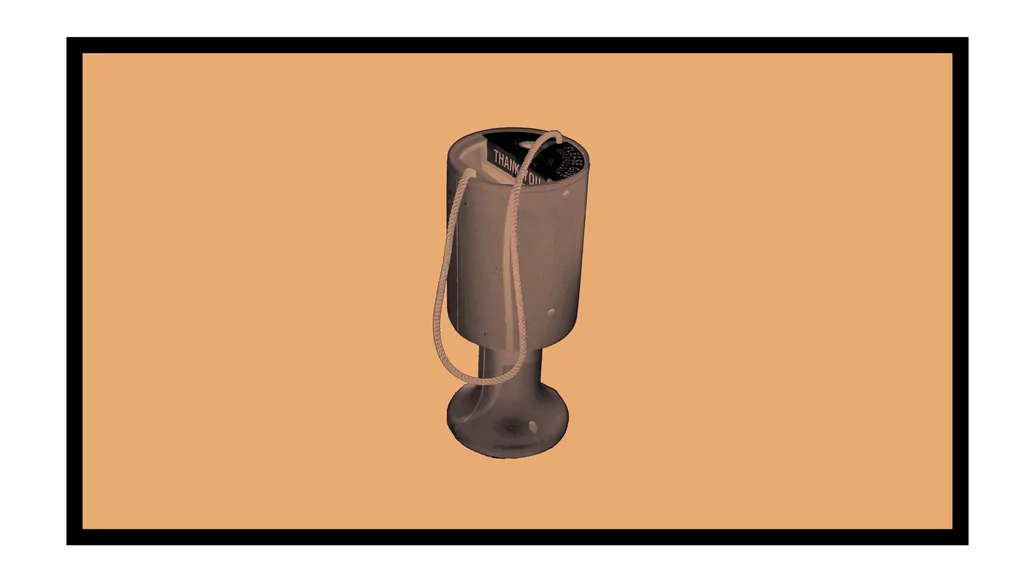
“Music counts when hope is thin,” 808 State’s Graham Massey told DJ Mag contributor Matt Anniss earlier this year. “In the 30 years we have been bleeping, there has been consistent support for charity from the dance community.” In 2019, hope has been in short supply: with the global climate and refugee crises, political disarray and stasis, and the persistent oppression of marginalised communities feeling raw. Emboldened by online dialogue and community-building, more labels and artists have been using their platforms to raise funds for worthy causes, and this year saw the charity compilation format become an increasingly popular one in which to do so.
One series from Air Texture and Kompakt, called place, launched to highlight scenes in Georgia, Colombia and The Netherlands, while raising funds for local human rights charities, social progress movements and an organization providing aid for LGBTQ+ asylum seekers. New York-based Orphan Records released a compilation to raise money on World Mental Health Day for Child Mind, featuring music from Ciel, Nathan Micay, Ariel Zetina and more.
Music newsletter Bandcloud curated a compilation, ‘Missives’, which featured tracks from Violet, Doc Sleep, CCL x Flora FM and James N Murray, among numerous Irish artists, raising money for Dublin-based charities, Merchants Quay Ireland and Ana Liffey Drug Project. It points to a heartening trend in dance music’s increasingly global community, where artists from around the world, connected through the Internet, can band together to help local causes.
And these just scratch the surface: 113 producers contributed to a compilation, ‘Total Solidarity’, by the Oramics collective to raise money for a variety of grassroots LGBTQIA+ organisations in Poland. Copenhagen's Fast Forward Productions donated 100% of their compilation’s earnings to Together We Push, an organisation helping incarcerated rejected refugees and asylum seekers in Denmark.
Marking its 25th birthday, Josh Wink’s Ovum released a Bandcamp-only compilation in aid of music charity Philly Pops, who provide music education to disadvantaged children in the School District of Philadelphia. One of the few “bigger” labels to use their platform for a worthy cause, Ovum’s release does raise a question: if so many underground imprints and collectives, most of whom can barely afford to sustain themselves, can focus so much energy on activism and charitable causes, then shouldn’t we expect the same, if not more, from major platforms and labels? Staring into a 2020 where hope looks to be just as thin, we would hope to see that, at the very least. Eoin Murray

2019 felt like the year where the veil on dance music lifted. A scene born from the tireless work of the marginalised — namely Black, queer and working class people of colour — it has since been co-opted by corporations and DJs whose stratospheric fees have allowed them to perpetuate a toxic system. Previously when people chose to speak out, their voices were ignored. Now, a tide pushes back against the system, unwilling to cede ground.
Before this year, cancel culture ran rampant in the scene. Highly sought-after DJs like Jackmaster and Gaslamp Killer have fallen from grace. And now it appears that the wider community are also holding each other accountable, speaking truth to power as a means to ensure there is a more equal footing in the community. This year, more so than ever before, has felt notable for the players within dance music willing to push back against racism, homophobia, misogyny and abuse of power in the scene. And, most importantly, garnering support in doing so. As always, there will always be dude-bros willing to die on their hill for their outdated and archaic views. They’re increasingly becoming the minority, though.
Cancelling artists never seemed to achieve much. In 2019, we instead saw artists being held responsible for their actions, ensuring that forgiveness became a key component in how the scene dealt with decisions surrounding cultural appropriation, such as classist or racist tweets, and obvious mistakes when it came to festival line-ups. This gentle evolution towards accountability and forgiveness has allowed players within the scene to make steps towards educating themselves through their own errors. 2019 has been encouraging in its capacity to make people within the scene more aware of their actions and the implications their decisions have. Dhruva Balram
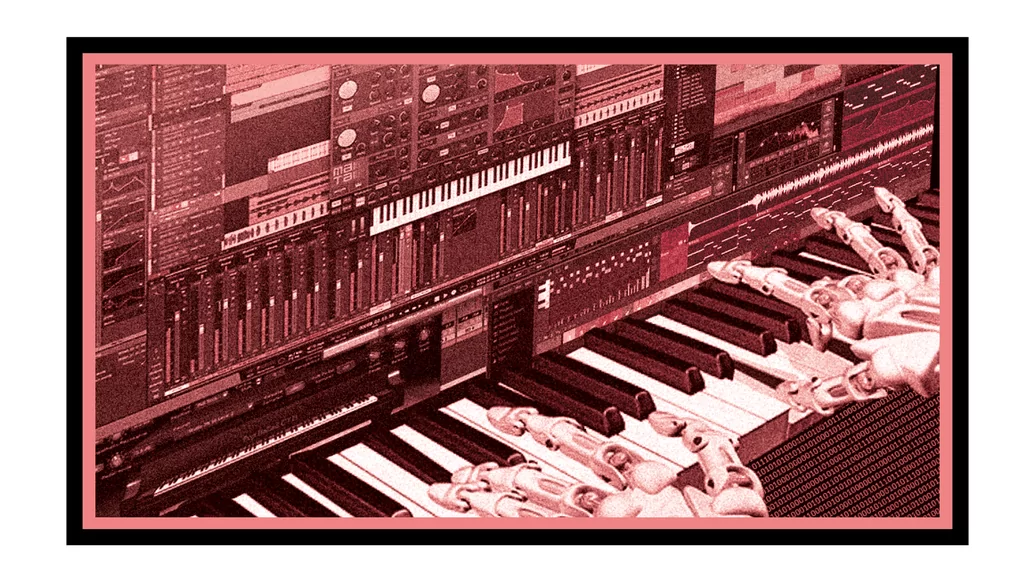
Whether it’s guiding Spotify’s algorithms to determine what it plays you next, or contributing to the latest avant-garde electronic composition, artificial intelligence has become a powerful force in music — and a controversial one. In November, electro-pop artist Grimes was the guest on physicist Sean Carroll’s Mindscape podcast, talking about how artificial intelligence could impact music. Her suggestion that AI would “bring about the end of human art” impelled another musician, Zola Jesus, to go on Twitter to angrily denounce her. AI equals dystopia to some, and others offers a useful creative tool.
Holly Herndon, one of several electronic music producers who incorporates machine learning into their experimental creations, chipped into the Twitter debate, too. She offered a nuanced response to Grimes’ statements, suggesting that artificial intelligence is simply an extension of human creativity. Reflecting on how electronic music has itself been subject to suspicion since the beginning, she said, “Drum machines made basic drumming accessible to musicians but didn’t replace ‘great’ drummers. Cool AI tools will augment the producer’s palette.”
Herndon, an American musician and academic known for her conceptual albums on 4AD, released ‘PROTO’ in 2019, an emotionally powerful and sometimes unsettling record in which she accompanied the digital voice of an AI program created especially for the project. Constructed with her partner, artist Mat Dryhurst, the artificial neural network or “AI baby” was given the unflattering name Spawn, and taught how to vocalise by the couple singing and talking to it. Like Herndon, in 2019 British duo Emptyset made use of AI to create their latest album, ‘Blossoms’.
Over the course of 18 months, James Ginzburg and Paul Purgas taught a neural network the processes they used to make music, and then instructed it to make its own sounds. Less accessible and human than Herndon’s work, ‘Blossoms’ sounds like the uncanny inner workings of a sentient machine being — fascinating but utterly cold. Proving there’s more to AI than the soulless “fake artists” allegedly generated by Spotify, Emptyset, and Holly Herndon gave us a real glimpse at the future. Ben Murphy

At the close of the decade, it’s hard to think that Dave’s ‘Funky Friday (feat. Fredo)’ was the first pure British rap single to hit No. 1 in the UK Singles Charts, when it was released last October. Since then, Stormzy has headlined Glastonbury, delivering a set that then-leader of the Labour party, Jeremy Corbyn, tweeted will “go down in our country’s cultural history”. Dave’s album ‘Psychodrama’ won the Mercury Prize in September, against competition from indie goliaths Foals, The 1975 and Idles, whilst Kano played a sold-out show at London’s Royal Albert Hall. In perhaps 2019’s least expected link-up, D Double E featured in an Ikea advert. UK rap and grime has been omnipresent in headlines this year.
The shift towards this crossover into mainstream popular culture has been building for years. Skepta previously won the 2016 Mercury Prize with ‘Konnichiwa’ whilst Dizzee Rascal courted the mainstream on his Calvin Harris and Armand Van Helden collaborations over a decade ago. Kano, who returned in the now-Netflix series, Top Boy, made his first appearance on Channel 4 in the show in 2011, and Plan B largely moved away from music to work on acting in and directing films, including Ill Manors and Adulthood.
At the beginning of the decade, many media outlets had declared grime dead, or extinct. After an early noughties renaissance, it seemed like grime would remain a niche sound. Midway through Stormzy's Glastonbury performance, though, it was clear how the sound had not only survived the decade, but come to dominate it: Stormzy thanked the artists that have paved the way for him to get there (“Wiley, Dizzee, Skepta, Giggs, Ghetts, Wretch 32, Kano... so many legends”) before saying the boom of creativity in UK rap and grime is only just getting started, as there’s “a bag of us coming through right now” — before listing 52 artists from the scene. He’s since announced a 55-date world tour for 2020.
In November, Wiley tweeted that his biggest regret was switching sounds to make money, but the shift this year was that UK MCs could enjoy wider success without changing their art. There was certainly a degree of artists courting the mainstream again in 2019. Skepta’s ‘Ignorance is Bliss’, an album showcasing his intelligence as an MC, also veers towards pop on tracks like ‘Love Me Not’.
Stormzy worked with Ed Sheeran on hit singles ‘Take Me Back to London’ and ‘Own It’, ahead of his follow up to ‘Gang Signs & Prayer’. But for every release that flirted with the mainstream, there were scores more that landed from a purist sense. JME’s return with ‘Grime MC’ charting in the Top 20 on the UK Albums Chart despite being a physical-only release. Flowdan also worked with a trio of upcoming producers — Filthy Gears, Riddla, Muszolini — on ‘Full Metal Jacket’.
Of the younger artists coming through, Slowthai was nominated for the Mercury Prize for his acerbic debut album, ‘Nothing Great About Britain’, and Manchester’s Aitch has racked up 1.4 million Instagram followers only a year after his breakthrough track, ‘Straight Rhymes’, landed on YouTube — a video with almost 17 million views. Reducing artist’s work to numbers is a depressing part of electronic music in 2019, but the stats don’t lie: UK rap and grime’s biggest artists are megastars now. Rob McCallum

In 2019, dancefloors increasingly reached fever pitch at almost 200bpm. Our fondness for gabber, like the tempo, was on the up. Boiler Room’s Hard Dance series celebrated the “hard and fast fringes” of club culture, Evian Christ hosted Trance Party in three cities and dubbed the parties “A Decade of Euphoria”, Gabber Eleganza’s Never Sleep hosted a Friday night at Berghain, and Bang Face celebrated their 10th weekender, with gabber rattling the walls of Southport Pontins courtesy of sets from The Outside Agency, Off Me Nut, Hard Crew Heroes, and Clouds.
Scottish duo Clouds in particular have had a busy 2019, blurring the lines between gabber and techno. They released four EPs, two on Maxiboy — a new imprint for their own productions — and the latest, ‘Until We Come’, on Parisian label Casual Gabberz. Gabber Modus Operandi’s HOXXXYA, released in August by Shanghai label SVBKVLT, is a brilliant blend of gabber and Indonesian folk, and Belgian-Congolese producer and DJ NKISI continues to use her monthly NTS Radio show to blend gabber with club sounds from across the African diaspora. Cera Khin skyrocketed in her quest to play whatever the fuck she wants, highlighted in her wild Recognise mix for DJ Mag and the music she’s championing on her own LazyTapes label. Gabber took a deep breath, too, as R&S put out DJrum’s ‘Hard to Say/Tournesol’, a double A-side of what he calls “ambient-gabber”.
A fast and furious style of hard dance music that’s distinguished by that heavily distorted bass drum, gabber erupted in the Netherlands in the '90s. The Dutch have a saying that goes, “Gabber ben je niet voor even, gabber ben je voor heel je leven!” In English: “You're not gabber for a moment, you're gabber for life!” For the genre’s devotees, perhaps this is true, but if 2019 is anything to go by, gabber is having a moment — whether it lasts a lifetime or not. Katie Thomas

